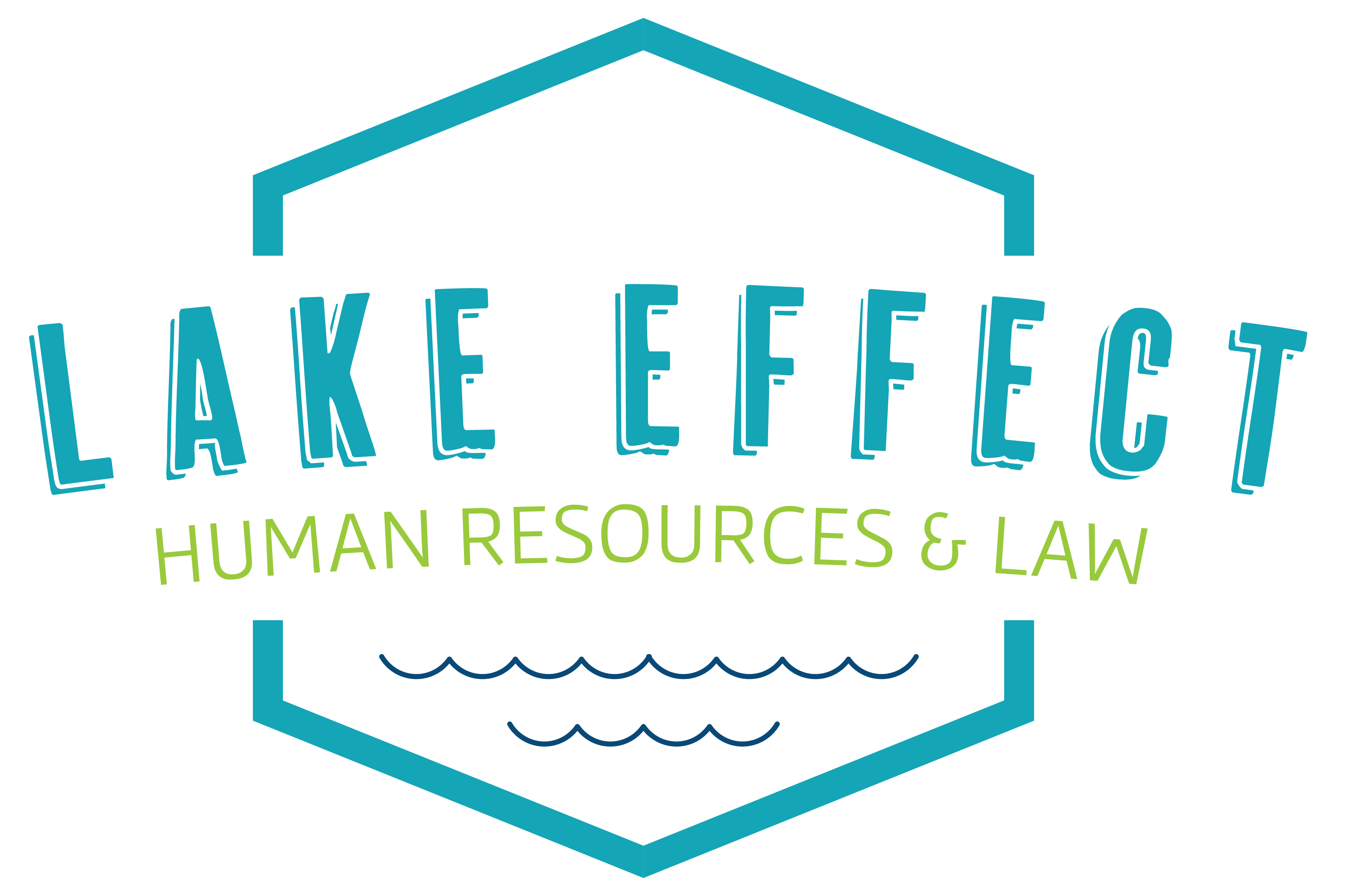***Update, January 27, 2021***
UPDATED BY EXECUTIVE ORDER – CLICK HERE FOR UPDATED INFORMATION
****
On January 15, 2021, the US Department of Labor’s Wage and Hour Division (WHD) issued two opinion letters relating to tipped employees.
In FLSA2021-4, the WHD considered whether a restaurant may institute a tip pool that includes both servers (for whom the employer takes a tip credit) and hosts/hostesses (for whom a tip credit is not taken). Based upon the information presented, WHD could not conclude that the restaurant’s hosts and hostesses were employed “in an occupation in which employees customarily and regularly receive tips.” Therefore, hosts could not participate in the same traditional tip pool as servers, for whom the restaurant took a tip credit. However, WHD observed that under recently revised regulations scheduled to take effect March 1, 2021, the restaurant could create a nontraditional tip pool to include both tipped (servers) and non-tipped employees (hosts/hostesses). In order to do so, the restaurant would have to pay the full minimum wage to all employees, and it could not take a tip credit for any of the employees. WHD also reiterated that managers and supervisors could not be included in any tip pool. For a complete discussion of WHD’s revised regulations, please see Lake Effect’s prior blog on tip pooling and tip credits.
In FLSA2021-5, the WHD provided guidance on compensating an employee who performs two different jobs in the same week. The WHD specifically addressed how to calculate overtime pay for an employee who earns cash wage plus tips for hours worked as a server and an hourly wage plus automatic service charges for additional hours worked as a bartender during the same week. WHD confirmed that where an employee performs two or more different types of work with different rates of pay in the same workweek, the employee’s regular rate of pay for that week (used to calculate any overtime) is the weighted average of the different rates earned. In this instance, the employer must take the employee’s total compensation from all rates of pay (cash wage plus tip credit for server hours and hourly wage plus service charges for bartender hours) and divide that by the total number of hours worked at all jobs to determine the regular rate of pay. That regular rate of pay is then multiplied by 1.5 to calculate overtime pay for all hours worked in excess of 40.
While WHD opinion letters can provide valuable guidance to covered employers, they are based upon the facts of the specific case presented. Therefore, the scope of their legal impact is often uncertain. Employers who have questions about tip pools or compensating tipped employees should work closely with legal counsel to ensure full compliance with applicable federal and state laws. We continue to closely monitor all developments in this area, and we will provide you with important updates.
Lake Effect is here to answer your questions about federal and state issues affecting employers. We continue to monitor important legal and HR developments, as well as COVID-related updates from federal, state, and local authorities. Please keep watching our blogs and emails for these important updates, as well as discussions of how compliance meets culture. To dive into these issues, contact us at info@le-hrlaw.com or 1-844-333-5253.
Lake Effect HR & Law is in business to maximize each client’s workplace potential with a commitment to kindness, true partnership, and exceptional service.




